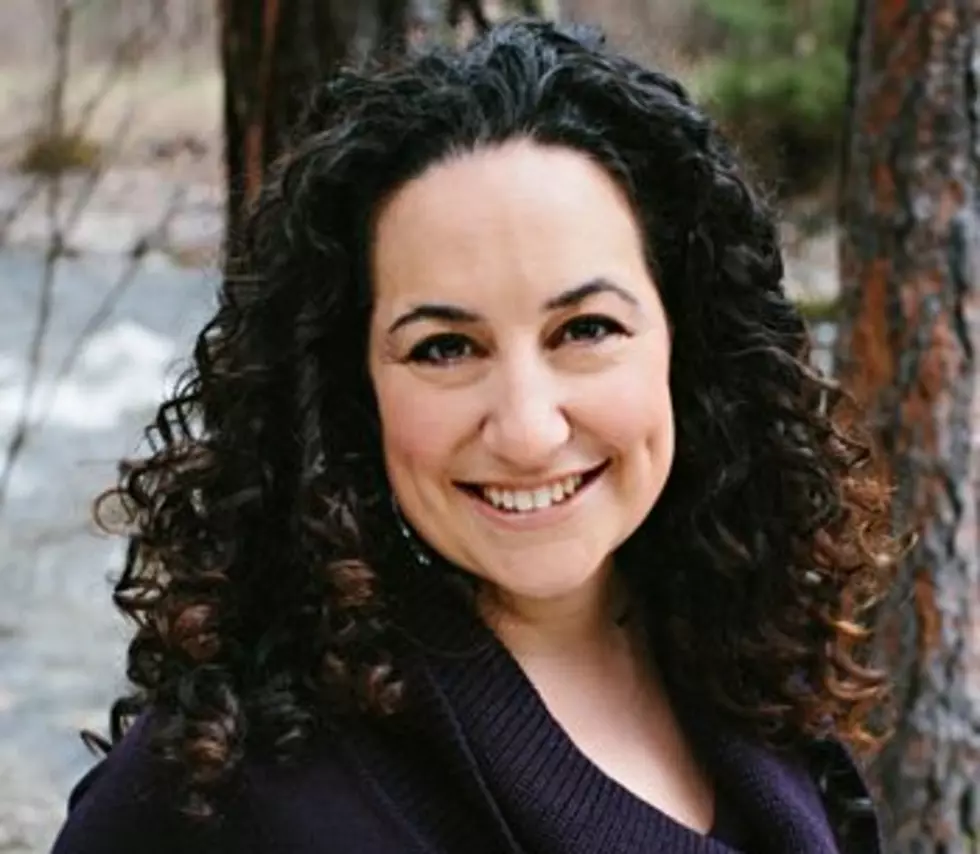
UM Professor Breaking New Ground In Treating Sexual Assault Victims
Sexual assault victims have been damaged in many ways, and not just physically. Their trust in people has been shattered and they have difficulty communicating, especially with law enforcement.
However, recent research by a University of Montana communication studies professor is drawing national attention for her approach to incorporating research in interpersonal communication with the delivery of mental health services to sexual assault survivors.
Associate Professor Christina Yoshimura volunteers with the Curry Health Center Counseling services to bring her research out of the classroom and into real life for students at UM.
“People who have experienced sexual assault and other forms of interpersonal violence, their boundaries have already been violated,” Yoshimura said. “So much so, that when we think we’re being helpful in asking about that experience, we’re essentially violating that boundary again if we don’t give that person a chance to establish that, and begin to feel more comfortable.”
Yoshimura said the last three years with the intense scrutiny that the University of Montana has experienced from the Department of Justice, Department of Education and all the media attention has been helpful in addressing the problem of sexual assault in Missoula and hundreds of other college campuses.
“The time we’ve gone through with those agencies intervening has been helpful for us in identifying a problem that was not being addressed to the degree that we really needed to address it,” she said. “I have been writing about ‘a trauma-informed approach’, knowing that with the rates of violence that we see across all kinds of contexts, not just universities, where we know the numbers of sexual assaults are high. We begin our communication with that understanding, so that we can be sensitive and open to that if it should come up.”
Yoshimura spoke of her work with students on campus.
“At SARC and at the Curry Health Center, we work to find out what it is that people need and want,” she said. “For many people, we’re establishing boundaries of trust and safety in their communication. I think we have that obligation and responsibility to be assisting with that on a college campus.”
Read more about Professor Yoshimura’s work here.
More From KMPT-AM









